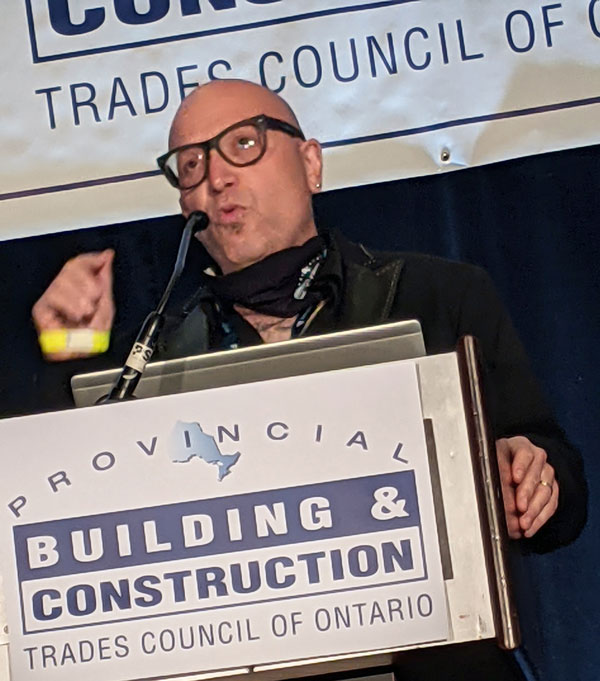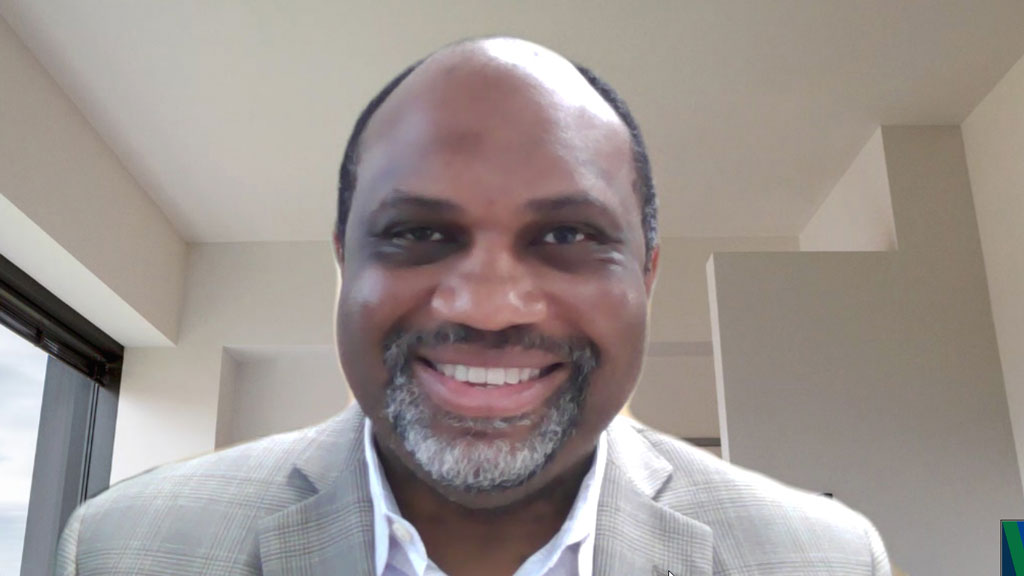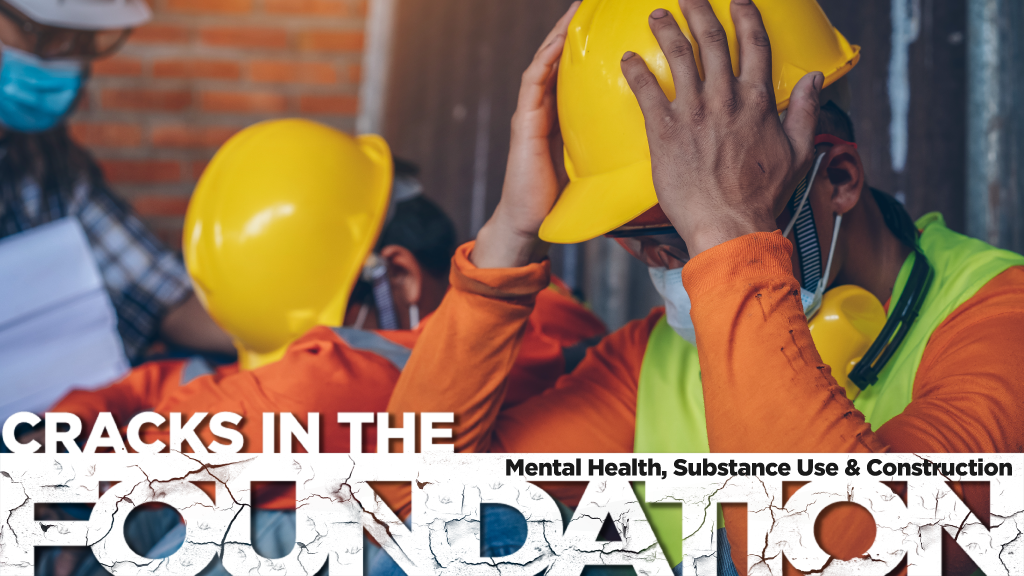Ontario’s construction stakeholders identified shining examples of progress being made in treating mental health issues and addictions in the sector during recent conversations but several added that gaps remain.
Awareness and program development have accelerated in the past five years, observers say, but some sectors such as non-union and small contractors are being left behind.
There is collaboration across the sector to address mental health like never before. The Infrastructure Health and Safety Association (IHSA) and its two Section 21 committees, representing 400,000 construction workers, trade unions and employers, have made mental health a singular focus.

“When there’s an addiction or mental health issue identified, the unions and employers are working together to help encourage people into treatment,” said Ontario Sewer and Watermain Contractors Association executive director Patrick McManus. “It’s become such a significant thing given the growing numbers of addiction and mental health issues we’ve been seeing.”
Despite the progress, there are still complaints of lack of a comprehensive plan.
“We have a scarcity of resources to deal with mental health,” said Carmine Tiano, director of occupational health services with the Provincial Building and Construction Trades Council of Ontario.
“Some unions don’t have any programs. It’s a real danger to the viability of the system because your workers are going to be so damaged you can’t fix them.”
Asked for an assessment of mental health and addiction programs in the province, Richard Lyall, president of the Residential Construction Council of Ontario (RESCON), said, “Most union benefit funds have very good programs.”
LUINAcare’s mental health program offers a full range of mental health services, he said, while the International Foundation of Employee Benefit Plans runs an annual conference and is active in looking for solutions.
But, Lyall said, “Non-union — good luck for those without benefit plans.”
McManus praised the De Novo Treatment Centre, an addictions-treatment project of the Building Trades. But he said the sector as a whole has a tremendous amount of work to do to come to grips with the issues.
“I think that the industry has grasped that and is starting to move forward on education and awareness.”
Numbers tell the story
A report by the Ontario Drug Policy Research Network released in May found that 2,500 Ontarians died of drug overdoses in 2020, up 60 per cent from from 2019. Of the victims who were employed, 30 per cent were construction workers, by a wide margin the industry most impacted.
A Health Canada report from September found that 1,772 apparent opioid toxicity deaths occurred between January and March 2021, representing a 65-per-cent increase compared to January to March 2020. The rate was highest in men 20 to 49.
The Canadian Association of Chartered Accountants released a report that found workers in the construction field face a rate of suicide three times that of the general population.
There is clearly a COVID effect. The Mental Health Commission of Canada and the Canadian Centre on Substance Use and Addiction reported in February that as many as one in two survey respondents with a history of substance-use disorders reported having moderately severe to severe symptoms of depression since March 2020.
Planning policy
Ontario’s Chief Prevention Officer Dr. Joel Moody is tasked with implementing a new five-year strategic plan. One mandate is to provide mental health resources to workplaces and another is to support small businesses. The two are linked, Moody said.
“We are focused on all business sizes, but we have a very focused effort on our small businesses,” he said, noting many small contractors do not have the resources to develop sophisticated workplace mental health policies.
“They may not necessarily have all the tools that they need. We want to make sure that they are getting those right tools to do the best job possible,” he said.

Another focus will be to ensure that Ministry of Health supports for mental illness flow to workplaces.
“Traditionally, we look at mental health in silos, and we want to really look at it from a holistic standpoint not only from the mental health and physical health perspective, but what about from the labour perspectives?” he asked.
“Are they able to manage their mental health in a way that allows them to be fully engaged in their work?”
Moody will be appearing at a RESCON mental health webinar Nov. 24 alongside construction lawyer Carissa Tanzola of the firm Filion Wakely Thorup Angeletti LLP. Tanzola said construction employers are increasingly hungry for information on their legal obligations relating to workplace mental health.
Employers are told of their legislative obligations to keep a safe workplace and they also find it’s important to have sound mental health policies in place for human resources purposes.
“A lot of employers understand that this might be the right thing to do, to support individuals that need extra support or to help them through their addiction services,” said Tanzola.
“However, there’s always a business element. Some employers need to understand that even though it’s the right thing to do, at the end of the day, doing the right thing is going to satisfy their legal requirements and avoid legal liabilities, which always go to the bottom line.”
Tanzola said in recent years there have been increases in union grievances over what’s alleged to be unsafe workplaces, “thereby interfering with someone’s mental health or maybe fostering an addiction”; in WSIB claims for traumatic mental stress or chronic mental stress; and in Ministry of Labour inspections to enforce employers’ requirement to have adequate workplace policies in place for investigating mental health and similar complaints.
UP NEXT: a survey of programs
Follow the author on Twitter @DonWall_DCN.











Recent Comments